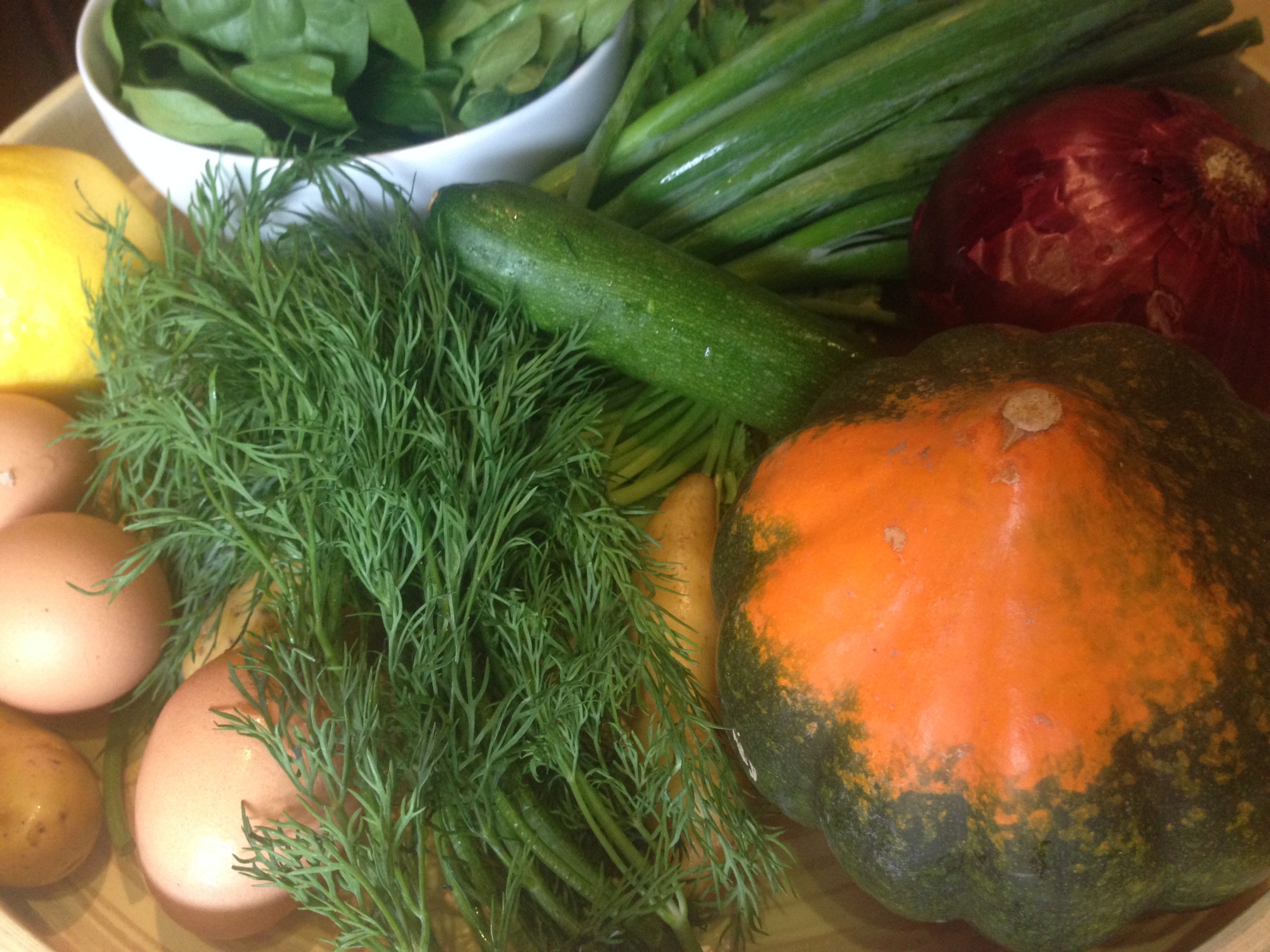VEGETARIAN
Happy Ramazan to all of you observing the holy month of fasting. I’ve noticed that most ramazan recipes include animal-based proteins so I thought I would share some vegan and vegetarian recipes for those of you who are on a plant-based diet and fasting. In this post, I’m including my newly created vegetarian version of my family’s Afghan pasta dish which is served with creamy yogurt sauce. Also, I’ll share links to other vegetarian and vegan dishes that would be a great addition to your iftar menu.
This easy Afghan eggplant recipe is a luscious, rustic dish using simple and easy ingredients. Most people fry their eggplant, not here. I've taken my mom's traditional recipe and came up with an easy-to-follow, healthy, savory and vegetarian dish.
You'll find as the eggplant bakes in the thick tomato sauce, all the flavors and textures melt together. When it’s done, the whole thing is covered with garlic-spiked yogurt, You can serve this eggplant dish with challaw, Afghanistan's answer to the white rice (you can find the recipe on my blog www.afghancultureunveiled.com), or flatbread for scooping up all the last bits of deliciousness.
By Humaira
Afghan cauliflower, gulpea curry is tender with delicious flavors of turmeric, coriander and curry powder and goes well with meat, such my lamb with cinnamon kebab, as a side.. This dish can be prepared in fifteen minutes in an InstantPot but you can easily make it on the stove and I’ve included instructions for stovetop cooking below. I serve gulpea with a side of brown rice, Afghan white rice challaw, or stuffed inside a pita bread with a drizzle of yogurt.
Who can forget the scene in Khaled Hosseini’s second beloved novel, A THOUSAND SPLENDID SUNS, when Maryam excitedly tells her father that she made Sabzi and he praises her for it. We all felt her pride in this achievement but knew that this joy was not going to last long for poor Maryam. This may be why Sabzi is the second most ordered dish in Afghan restaurants or, it could be that it’s so damn delicious.
If you’ve ever cooked spinach, you know that it reduces down to nothing in an instant. In Afghanistan, cleaning, chopping and handling enough fresh spinach to feed our large family was a morning’s worth of thankless work for my mom, Jeja. Once we moved to the US, she adopted frozen spinach as a respectable alternative and has never looked back.
When I was in Kabul a few years ago I learned this recipe from my cousin, Madya-jan, who is an excellent cook. I slightly modified the recipe by using squash, instead of pumpkin, which is readily available all year around, in the United States. I also steam the squash in vegetable broth rather than cooking it in oil, as my cousin did.






















Six months ago our family became vegetarian (following my 17-year-old daughter’s lead) and as the main cook in our family, I had to rethink many of my family’s favorite Afghan dishes to adapt it for our meat-free lifestyle. This has proven to be a bit tricky since Afghan cuisine relies heavily on onions and meat to create a base for many of the beloved dishes like Palau, Aushak, and Afghan chili, Mawshawa, just to name a few.
For Aush, I was in a quandary about how to make a flavorful kofta, tangy meat sauce, with plant based-meat. You see, kofta is normally made with ground beef, tomato sauce and a variety of spices that create a subtle but flavorful accompaniment for the pasta noodles that are boiled in water and spiced only with salt.